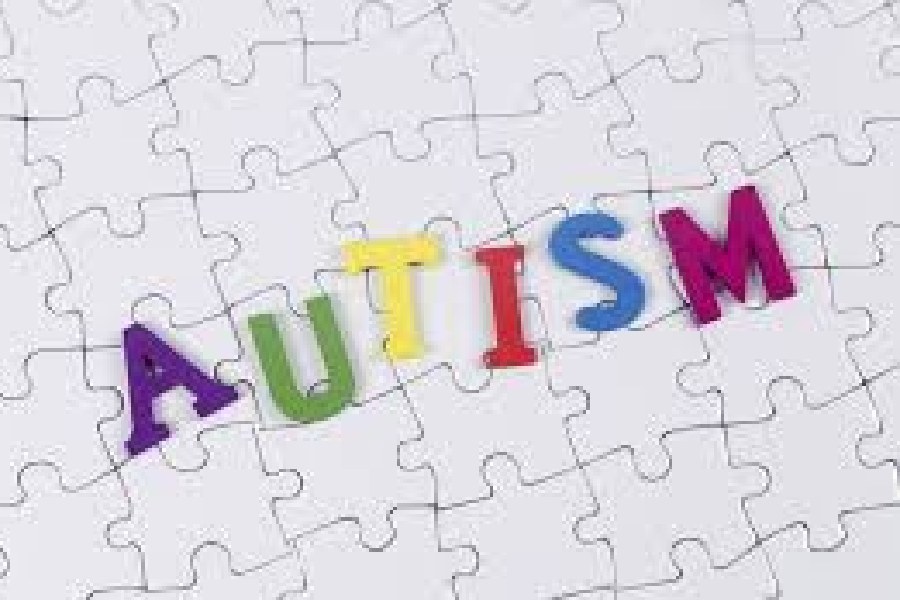Many young parents of children with autism are in a dilemma — should they put their child in intensive therapy or let them continue in mainstream schools.
The parents manage to secure seats in mainstream schools with difficulty and are reluctant to pull them out, said those working with individuals with autism.
The reluctance often delays crucial intervention in the early years, they said.
World Autism Awareness Day was observed on April 2. The head of one organisation said the wait-and-see approach can be detrimental because it deprives the child of early support.
“We see instances where parents do not want to pull their child out of a mainstream school and put them in intensive therapy. There are children on the autism spectrum but when they are young it gets ignored. Later, they fail to cope with rigours of mainstream schools,” said Namita Somani, managing trustee, Amrit Somani Memorial Center.
“Early intervention can make it possible for them to transition into mainstream school later,” said Somani.
Getting a seat in a high school of their choice is not always easy and parents do not want to let that go.
“Parents want their children to be in a mainstream school instead of a special school because society sees the former as normal. Society forces them to follow the so-called normal path, which, however, turns out to be detrimental for their children,” said Sudeshna Chowdhury, principal of a special school, Bhabna.
Early intervention refers to support provided to infants and young children with developmental challenges and delays, said Aatrika Sarkar, applied behaviour analysis professional and senior programme supervisor at the Somani centre.
“When a child whose language skills are delayed doesn't receive additional support that they may need early on, the gap between their current language level and the expected development level keeps widening,” said Sarkar.
Parents are often misled by fellow parents, even if unwittingly, said one parent.
“When my child was going to a Montessori, other parents would say that some children speak later than others. But that is wrong advice,” said a mother.
Kristine Jalan decided to pull her three-year-old daughter out of a mainstream school.
“After two years of intensive therapy, which was from 9am to 2pm, she has now gone back to a mainstream school. She still requires therapy but for a shorter duration,” said Jalan.
Early intervention improves communication skills, social skills, children's emotional and psychological wellbeing and makes them independent.
Children might not always be studying in age-appropriate classes but the risk of dropping out of a mainstream school is reduced with early intervention.
“Without training or early support, children somehow manage for a few years. But after that, when in middle school or even earlier, it gradually gets to a point where they have to drop out,” said Chowdhury of Bhabna.
The problem in many mainstream schools is that they might claim to be inclusive but fail to provide the required additional support, said Indrani Basu, director, Autism Society West Bengal.
“In some institutes, the support varies, not because there is a policy but because the person at the helm of affairs is more sensitive to the needs of a special child,” said Basu.
Teachers in mainstream schools should consider the pace of every child.
Basu said: “Sending a child with special needs to a resource room while catering to others in the class is not where the teacher’s responsibility ends.”
